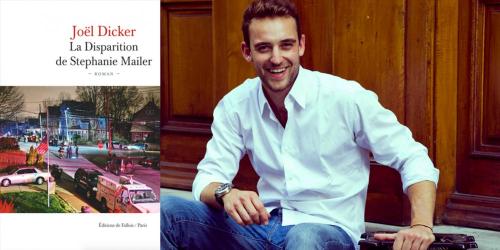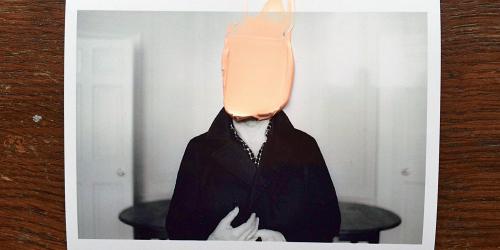"Be careful, Asli": this advice from some of her relatives, who sometimes turns into a small inner voice, she does not listen. Or little: not supporting the injustice, the machismo, the racism, any more than the totalitarianism which progresses in his country, Asli Erdogan engages spontaneously, being implied in all the causes to defend - which, in Turkey, is very risky. This pasionaria knew the threats, the violence, the rape and the prison.
At 51, she has just received the Simone de Beauvoir prize, presented every year to a person or association that defends and advances women's freedom. In this thrilling novel, where the white narrator falls in love with a black man, we find all the lava of this volcanic character, inhabited by the need to resist any deprivation of freedom ... and love, even if it is impossible.
Marie Claire: What would you like to say about this novel?
Asli Erdogan: That he has flaws. Because I wrote it too quickly, on small sixty-page notepads that I could easily hide, for fear that the police would seize my texts the day she landed at my house.
Above all, it has qualities: the understanding of human springs, the need, sometimes, to disobey, the complexity of love ...
Well, if the feelings that I felt then in my private life were able to pass in these pages, I am happy, because it is not totally autobiographical. Otherwise it was - and still is, I believe - the only book written in Turkey about a love story between a white man and a black man. The only one, too, wrote at a time when I was in love.
Subsequently, love prevented you from writing?
No. It's just that since then I have not been in love anymore.
But are you at least at peace?
I am gaining serenity ... The trauma I have been through - in my childhood, with my family, or with the violence endured as an adult - I do not underestimate them anymore. Psychoanalysis helped me to understand how much I did not want to recognize these wounds. Doing it finally brings me a certain balance.
With men too?
For thousands of years, they have been slaves to stereotypes, pushing them to be "virile", domineering and, therefore, often harming us in one form or another. In Turkey, in particular, it is very heavy. We must change that. Otherwise, on a personal level, at 51, I seduce less, I escape more easily the desire of males. It relieves.
(*) The shell man of Asli Erdogan, translated from Turkish by Julien Lapeyre de Cabanes, ed. Actes Sud, € 21, released on March 14th.
>> BUY on Amazon: The shell man



